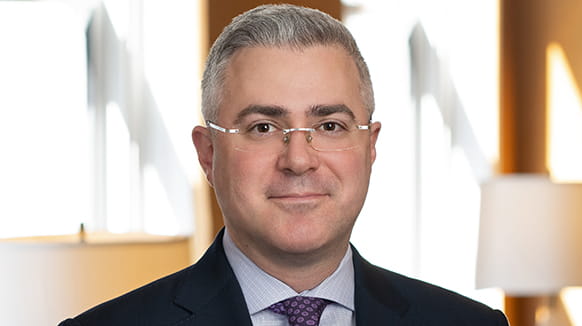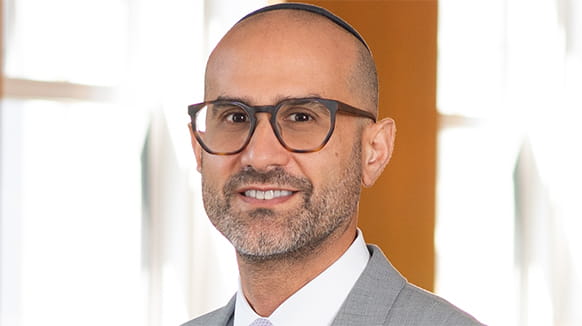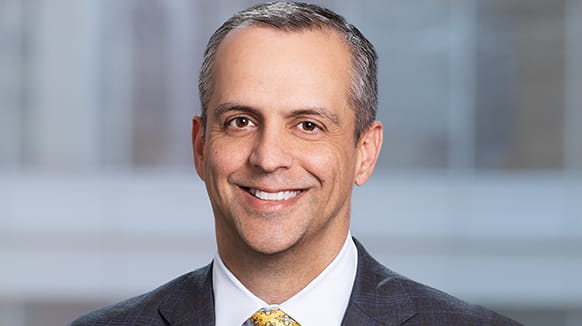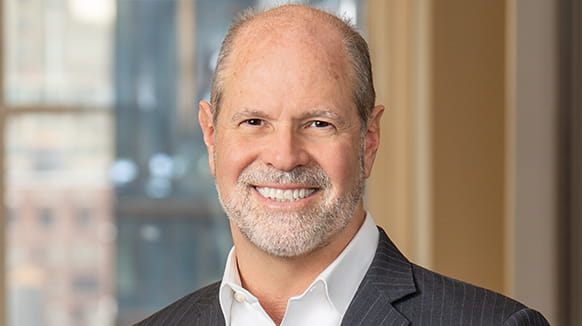A team of nine Haynes Boone attorneys representing a range of the firm’s various finance, restructuring and corporate transactional practices, attended the fourth annual U.S. Private Credit Industry Conference on Direct Lending earlier this month. The conference is organized by DealCatalyst in partnership with the Loan Syndication and Trading Association and attracts private credit funds, BDCs, private equity sponsors, investors, wealth managers, rating agencies and other industry participants. Greg Kramer, the co-chair of the firm’s New York Capital Markets and Corporate Practice Group, was a featured speaker.
Key Takeaways:
- Private credit continues to grow rapidly in importance as an asset class. With banks and capital markets pulling back from non-investment grade lending, private credit continues to fill the void. Private credit funds have more opportunities than ever, and their loan books contain increasingly diverse transactions, including infrastructure financing, inventory and AR factoring facilities, equipment financing, collateralized securities and real estate loans, among others. Similarly, while traditional private equity-sponsored deals remain a major theme in the private credit markets, lending activity with non-sponsor backed companies is increasing.
- Investors expect private credit strategies to deliver higher risk-adjusted returns and lower volatility than equities. More investors than ever, including insurance companies and retail wealth managers seeking to diversify their portfolios away from an over-concentration in traditional public markets, are seeking exposure to private credit investments.
- While private credit continues to expand into niche markets underserved by traditional banks, the upper end of the market also displays an increasing convergence of capital markets and private credit markets. Large-cap corporate borrowers with access to capital markets are increasingly seeking financing from direct lenders for a variety of reasons, including speed and certainty of transaction execution. Many large-cap corporate borrowers now run parallel processes, seeking financing proposals from both private credit lenders and traditional capital market sources to obtain the best transaction terms. To compete, private credit lenders have reduced pricing and taken a more flexible approach to covenant packages. A related development is the increasing prevalence of strategic partnerships between traditional banks and private credit firms who have joined forces to spread risk and gain exposure to a broader book of lending opportunities.
- Lenders should be wary of cyclical businesses, as well as industries that are affected by tariffs or that are vulnerable to AI innovation. One keynote speaker highlighted the disruption that AI may cause in the software industry, which to date has been one of the sectors favored by private credit lenders. Lenders’ investment committees may become wary of committing longer-term capital to companies where the future ramifications of AI’s impact remain uncertain.
- Restructuring groups are expecting more activity as disruption from tariffs, AI and a possible global recession result in more loans becoming distressed. However, the increasing cost of bankruptcy will mean that most restructurings will be out of court. More lenders will become owners of the businesses that they lend to or will seek to recover losses by selling borrower assets in UCC foreclosure sales. From the lender perspective, optimizing their strategies to deal with these distressed situations will be fundamental to preserving the return profile sought by their investors.
Haynes Boone’s Private Credit Practice draws on the deep experience of its lawyers in the firm’s finance, capital markets, M&A and restructuring teams, and it’s comprised of lawyers based in key financial centers throughout the U.S. and abroad, including Charlotte, New York, London, Dallas, Denver and Houston.






